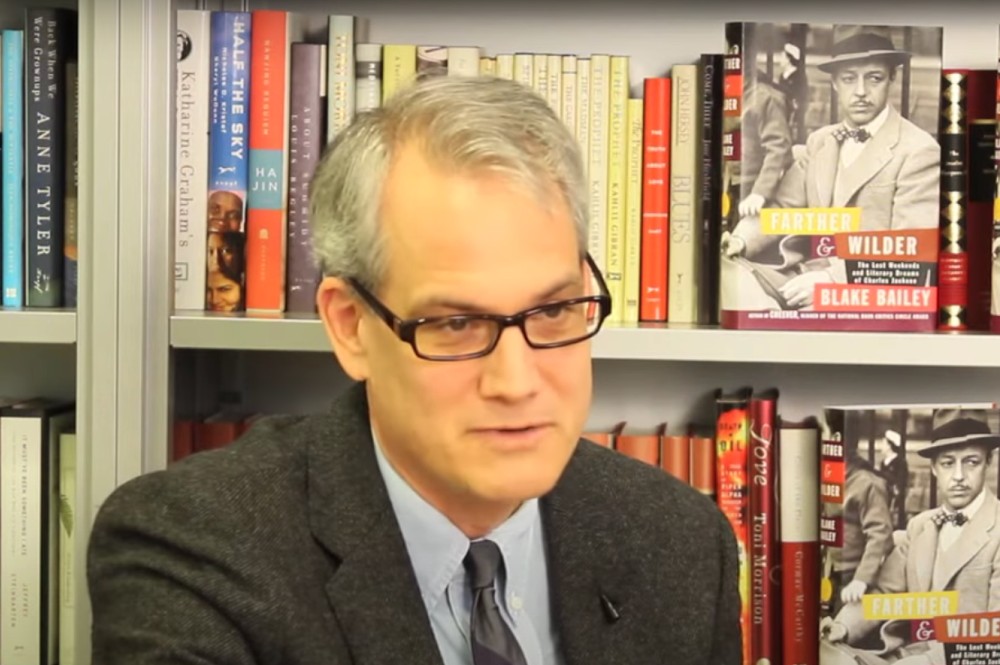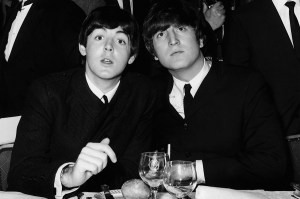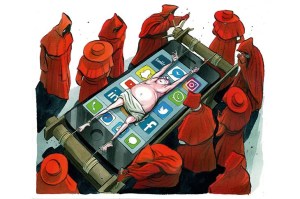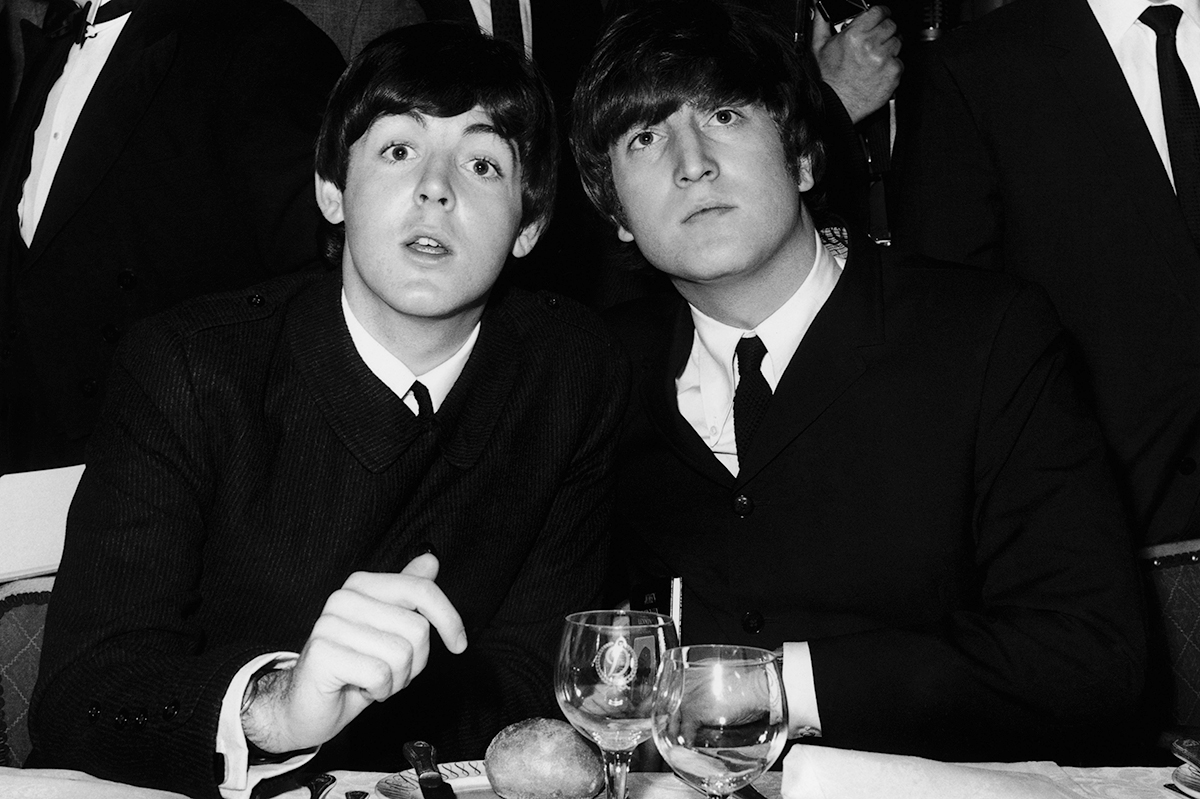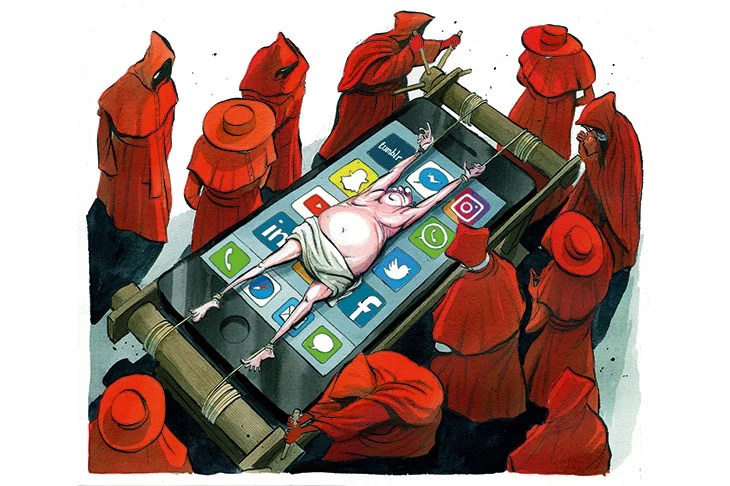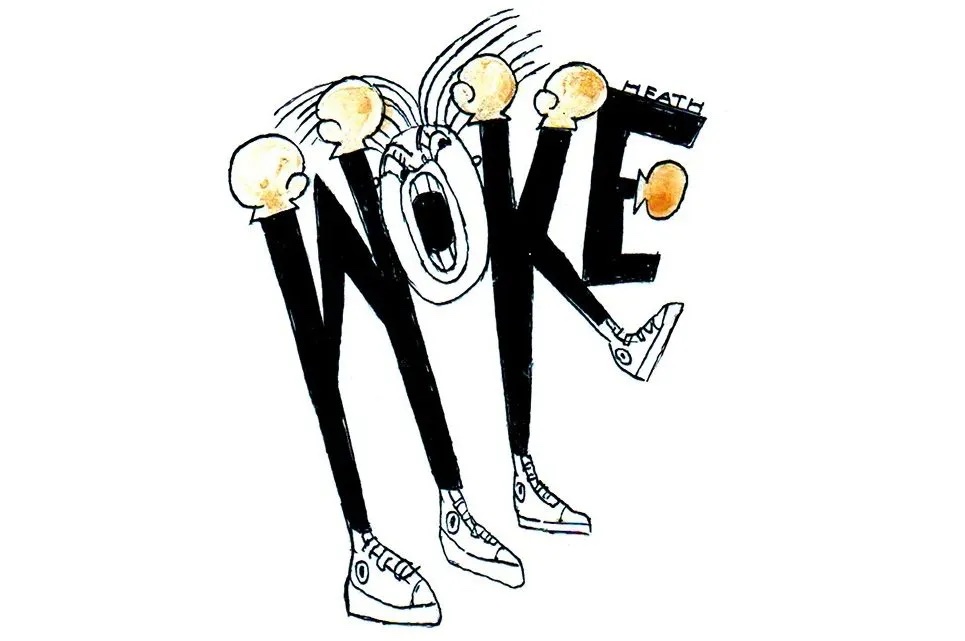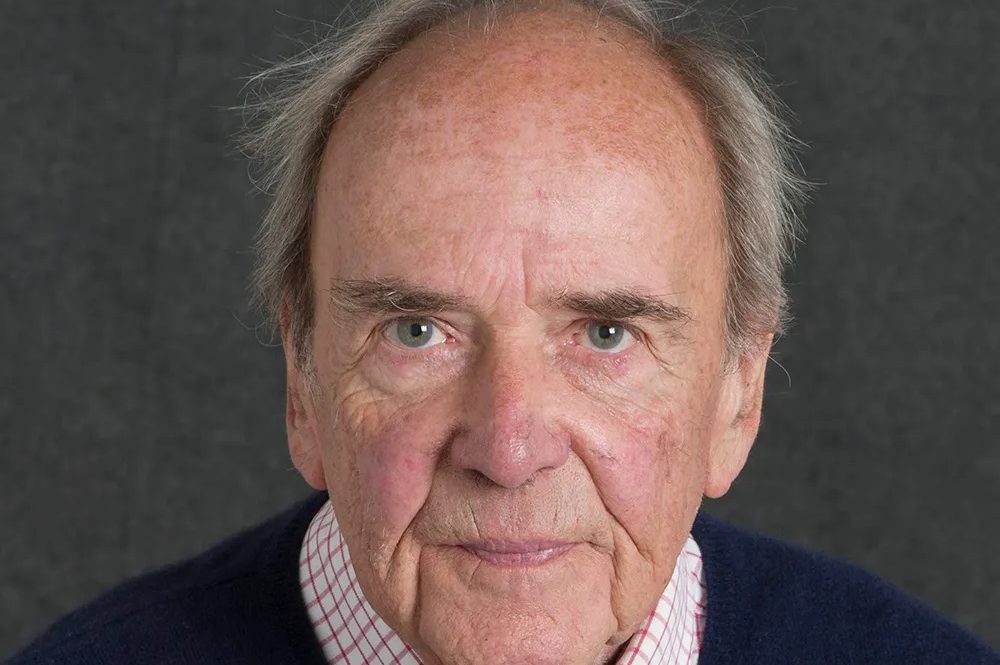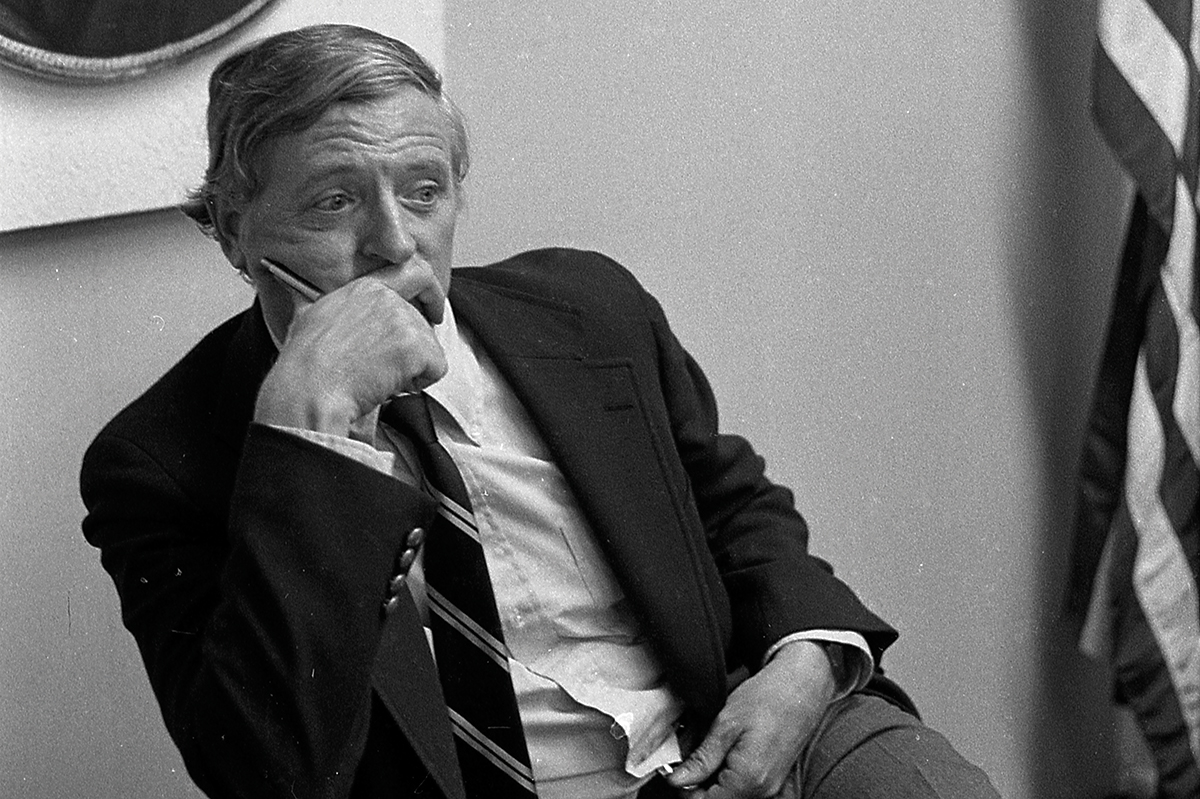At the beginning of 2021, author Blake Bailey might have been forgiven for thinking that his literary career was not merely assured but stellar. He had gathered significant accolades for his writing, including a Guggenheim Fellowship and the National Books Critics Circle Award, and he was a Pulitzer Prize finalist. He had specialized in writing about heavy-drinking Great American Novelists, including the perennially underrated Richard Yates, John Cheever and The Lost Weekend’s Charles Jackson. His most recent subject was the elusive Philip Roth, a man whose literary brilliance was matched by his checkered reputation both on and off the page.
Eighteen months later, matters have changed beyond recognition. Bailey was accused of a cornucopia of offenses by his former students at Lusher Middle School and Old Dominion University, including rape, non-consensual sex, sexual harassment and grooming. It did not help that his Roth biography was accused of being too sympathetic towards its subject, soft-pedaling the writer’s appalling behavior in favor of concentrating on his literary gifts. Yet despite this caveat, the reviews were initially strong, recognizing the sheer amount of effort that Bailey had put into researching the book over an eight-year writing period, which saw him interview Roth multiple times, as well as 150 friends, lovers, associates and nemeses.
All that was for nothing in the eyes of Bailey’s publisher, W.W. Norton and Company, which announced in late April 2021, following the allegations, that they would be withdrawing Philip Roth: A Biography from print, as well as removing the audiobook edition. It immediately made unsold copies of the book collectors’ items, until the independent publisher Skyhorse — home to such controversialists as Woody Allen, the conspiracy theorist Alex Jones and the lawyer Alan Dershowitz — stepped in and acquired the rights.
It was a happy ending of sorts for Roth admirers, though not necessarily for Bailey. Although he has yet to be charged with any criminal activities, his professional reputation has been shredded and it seems unlikely he will be commissioned by any mainstream publisher to write another lengthy, painstakingly researched account of a great American writer.
So perhaps unsurprisingly, Bailey has since turned his attention to another disgraced subject: himself. He has signed a deal with Skyhorse to write a memoir, provisionally entitled Repellent, which is said to explore both his “wayward behavior” — which he has publicly described as “deplorable” — and the wider world of publishing, which he has characterized as inhabited by “ominous forces” that seek to prey on “fallible human beings” such as himself, and, by extension, the men about whom he has written biographies.
It is possible that Bailey’s memoir will be a brilliant work that takes its place amongst the rest of his canon; it is equally likely it will be a bitter book that prizes score-settling over the authorial rigor on which he originally built his career. Certainly, he is a long way from such august publishers as W.W. Norton with Skyhorse, which was recently and witheringly described by the Los Angeles Times as “almost comically agnostic on the truth.”
But perhaps there is an argument, in the increasingly woke and risk-averse world of American publishing, for moving away from the mainstream if you have something unpalatable to say. Repellent could live up to its title, though it could also, in its crotchety way, stand up for that most endangered of ideas: free speech. In either case, Bailey has earned the right to be heard, one more time.



